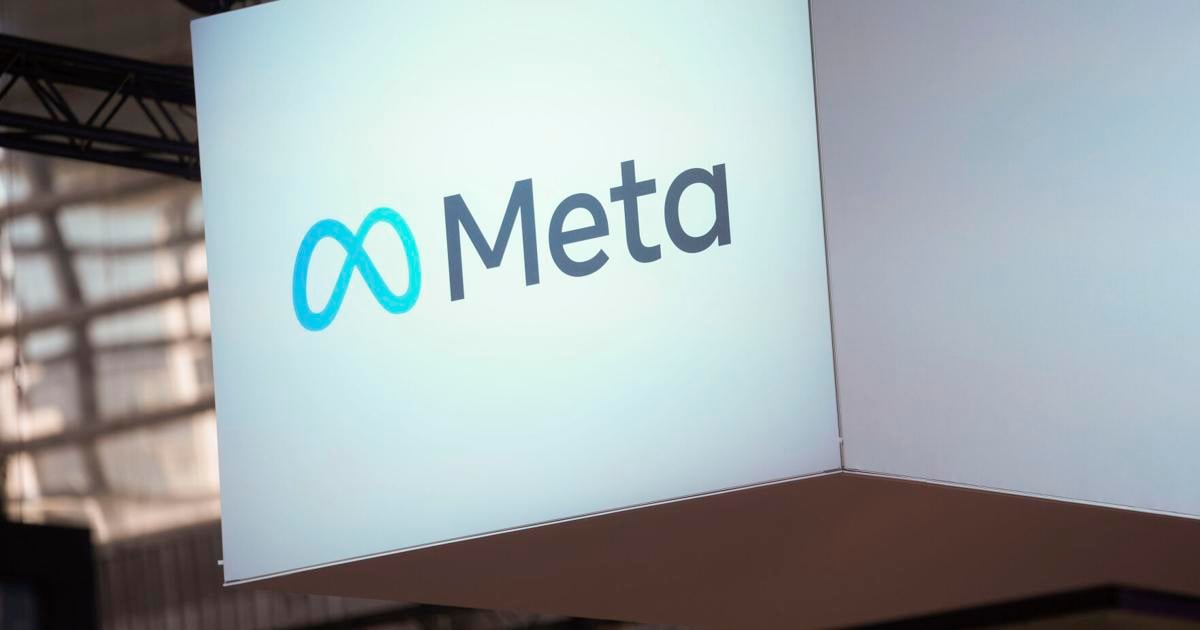A lawsuit filed against Meta Platforms Inc., the parent company of Facebook, is sparking a debate about whether social media users have the right to manage their own feeds using external tools. The lawsuit, brought by the Knight First Amendment Institute at Columbia University on behalf of a professor from Amherst, challenges Meta’s control over users’ feeds and aims to establish the legal right for users to filter or even shut off their feeds entirely.
At the heart of the lawsuit is a browser extension called Unfollow Everything 2.0, designed to allow Facebook users to unfollow friends, groups, and pages, effectively emptying their newsfeed. This tool seeks to give users more control over their social media experience, potentially reducing the addictive nature of constant scrolling. Similar tools have faced resistance from Meta in the past, with developers receiving cease-and-desist letters and bans from the platform.
Ethan Zuckerman, the professor behind the Unfollow Everything 2.0 tool, hopes to preempt any legal action from Meta by challenging the company first. He argues that users currently have limited control over their social media experience, unlike other areas of the internet where users have more freedom to choose different platforms or tools. The lawsuit hinges on a provision of Section 230 of the Communications Decency Act, which grants immunity to software developers creating tools to filter objectionable content.
While Meta declined to comment on the lawsuit, the case raises important questions about user autonomy and platform control. Zuckerman believes that establishing the right for users to control their feeds could lead to new developments in social media tools and research. Ultimately, the lawsuit seeks to empower users to tailor their social media experience according to their preferences, rather than accepting platforms as they are given to them by companies like Meta.





